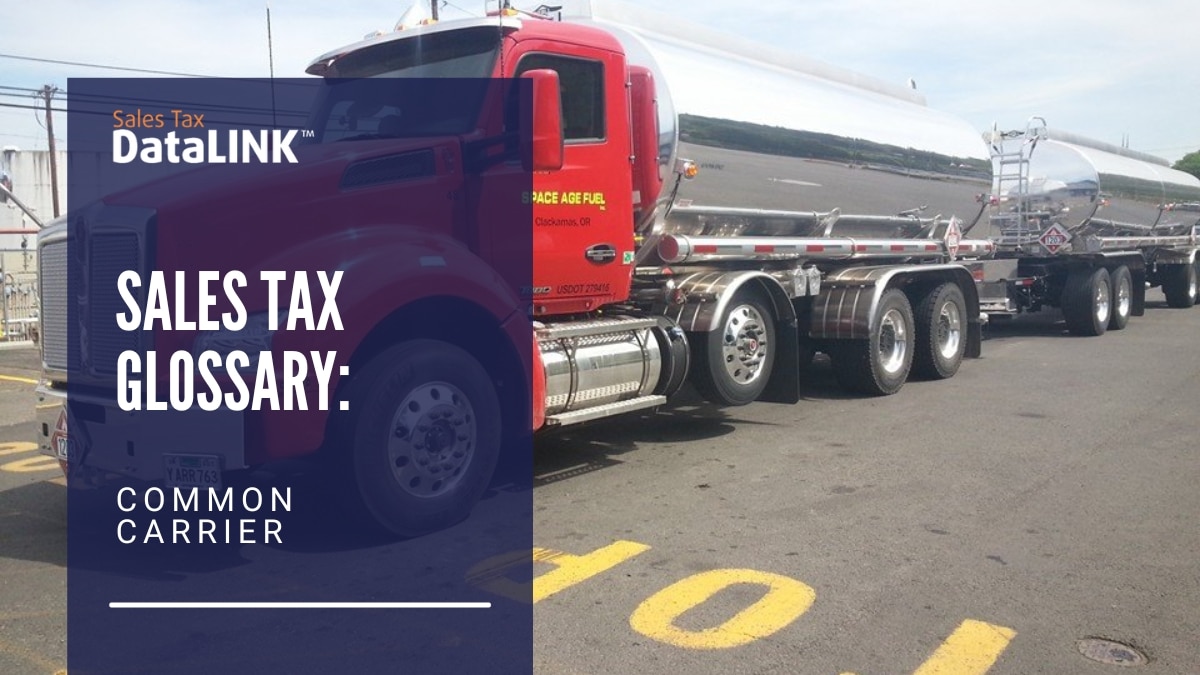Are you following the laws on sales tax in your business? Are you sure? There are thousands of companies around the country missing the mark, and one place where they may be going wrong is with deliveries. For example, Space Age, a fuel provider outside of Washington state, makes frequent deliveries to wholesalers in Washington. While Space Age did not generate sales in Washington, they used their own company-owned vehicles to make deliveries, sometimes multiple times per day. In an opinion released from the Washington courts, Space Age is now required to pay back taxes and penalties for unpaid sales tax. For sales tax experts, this is a moment where we’re shocked by the fact that businesses don’t understand this basic nexus rule.
If you’re making deliveries with your own vehicles in a state, you’re probably responsible for sales tax, even if you have no other connection to the state. If you want to avoid this sort of nexus trouble and the sales tax that results from it, you’ll need to use a common carrier to make deliveries for you. A common carrier is usually defined as a person or company that transports goods and people at a specified rate on regular routes. They’re available to anyone who pays them, which is where the word “common” comes into play. The most obvious examples include UPS, FedEx, and the US Postal Service. But common carriers also include logistics companies you can hire to transport your goods to customers.
If Space Age had used a contractor to deliver the fuel to customers in Washington, they could have avoided the sales tax nexus mess. If your company makes deliveries, make sure that you’re collecting sales tax where sales tax is due. If your records don’t provide a backup of who delivered your products to your customers, you might also be leaving yourself open to back taxes and penalties if you were to be audited. Make sure that your sales tax system keeps track of this information to keep your business in the clear.




